Stone The Crows & Maggie Bell - The Best Of Stone The Crows & Maggie Bell (2018)
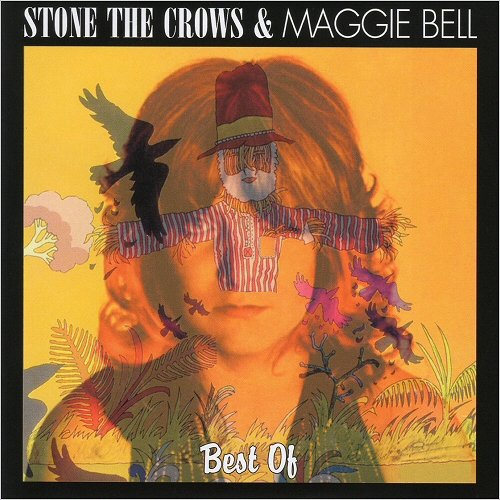
Artist: Stone The Crows & Maggie Bell
Title: The Best Of Stone The Crows & Maggie Bell
Year Of Release: 2018
Label: Angel Air
Genre: Blues Rock
Quality: FLAC (tracks) | MP3 320 kbps
Total Time: 90:26
Total Size: 538 MB | 209 MB
WebSite: Album Preview
Tracklist:Title: The Best Of Stone The Crows & Maggie Bell
Year Of Release: 2018
Label: Angel Air
Genre: Blues Rock
Quality: FLAC (tracks) | MP3 320 kbps
Total Time: 90:26
Total Size: 538 MB | 209 MB
WebSite: Album Preview
01. Stone The Crows - Good Time Girl (3:28)
02. Stone The Crows - Big Jim Salter (4:34)
03. Stone The Crows - Penicillin Blues (5:34)
04. Stone The Crows - A Fool On The Hill (4:05)
05. Stone The Crows - Sunset Cowboy (6:40)
06. Stone The Crows - Don't Think Twice (5:00)
07. Stone The Crows - Blind Man (5:09)
08. Stone The Crows - Ode To John Law (5:41)
09. Stone The Crows - The Touch Of Your Loving Hand (6:00)
10. Stone The Crows - Mad Dogs And Englishmen (3:30)
11. Maggie Bell - Cado Queen (3:34)
12. Maggie Bell - Oh My My (2:54)
13. Maggie Bell - Trade Winds (5:11)
14. Maggie Bell - If You Don't Know (3:54)
15. Maggie Bell - In My Life (3:10)
16. Maggie Bell - Hold On (4:45)
17. Maggie Bell - It's Been So Long (4:29)
18. Maggie Bell - No Mean City (From Taggart Tv Series) (3:56)
19. Stone The Crows - Only Women Bleed (Live From Glasgow 1993) (5:42)
20. Maggie Bell - I Was In Chains (3:00)
Stone The Crows:
Stone the Crows was a tough-luck, working class, progressive soul band that came out of the pubs of Scotland in the early '70s. They had everything going for them at the start: not one, but two gritty singers, a talented guitarist, a rhythm section that had played with John Mayall, and the name recognition of having Led Zeppelin manager Peter Grant as their producer. Despite favorable reviews by the critics, however, they never managed to sell their hybridized soul music to a large audience. In addition, they lost two of their key members early on, one of whom was tragically electrocuted, and the group broke up after four albums.
Their biggest contribution to rock was the immense vocal talent of one Maggie Bell. Winner of several Top Girl Singer awards in Britain, Bell had a raunchy, gutbucket voice that, although it fell short of the naked emotion and range of Janis Joplin's, came probably closer to her style than any other female singer. She first attracted notice when she jumped up on stage at a show in Glasgow to wail with Alex Harvey of the Sensational Alex Harvey Band. Impressed by her talent (and audacity), Harvey hooked her up with his guitar-playing younger brother Les, then fronting a local band called the Kinning Park Ramblers. After playing army bases in Europe for several years as Power, Bell, Harvey, bassist Jim Dewar, keyboardist Jon McGinnis, and drummer Colin Allen (who had played with future bass player Steve Thompson in John Mayall's band), came to the attention of Peter Grant and they changed their name to Stone the Crows, which supposedly is a Scottish variation of "the hell with it."
Both of their first two albums received good reviews upon release, but sold very meagerly. Then bassist/vocalist Jim Dewar quit the band to join Robin Trower's fledgling group, to be replaced by the non-singing Steve Thompson. Shortly after releasing Teenage Licks, guitarist Les Harvey was electrocuted onstage during a gig at Swansea University. This appeared to end the band, but they carried on, recruiting young Jimmy McCulloch from Thunderclap Newman and released "'Ontinuous Performance." Although the rock press lauded the singing of Bell, her group couldn't seem to emerge from the shadows and they broke up after this last album, with McCulloch flying away to join Paul McCartney in Wings. ~ by Peter Kurtz
Maggie Bell:
Scottish soul-rock singer Maggie Bell first gained prominence singing with Stone the Crows, which released its first album in 1970 and broke up in June 1973. Bell went solo with Queen of the Night (featuring the U.S. number 97 "After Midnight") in 1974, followed by Suicide Sal, both of which charted in the U.S. Her only U.K. chart singles came with "Hazell" (number 37) in 1978, and a duet with B.A. Robertson, "Hold Me" (number 11), in 1981. ~by William Ruhlmann
Stone the Crows was a tough-luck, working class, progressive soul band that came out of the pubs of Scotland in the early '70s. They had everything going for them at the start: not one, but two gritty singers, a talented guitarist, a rhythm section that had played with John Mayall, and the name recognition of having Led Zeppelin manager Peter Grant as their producer. Despite favorable reviews by the critics, however, they never managed to sell their hybridized soul music to a large audience. In addition, they lost two of their key members early on, one of whom was tragically electrocuted, and the group broke up after four albums.
Their biggest contribution to rock was the immense vocal talent of one Maggie Bell. Winner of several Top Girl Singer awards in Britain, Bell had a raunchy, gutbucket voice that, although it fell short of the naked emotion and range of Janis Joplin's, came probably closer to her style than any other female singer. She first attracted notice when she jumped up on stage at a show in Glasgow to wail with Alex Harvey of the Sensational Alex Harvey Band. Impressed by her talent (and audacity), Harvey hooked her up with his guitar-playing younger brother Les, then fronting a local band called the Kinning Park Ramblers. After playing army bases in Europe for several years as Power, Bell, Harvey, bassist Jim Dewar, keyboardist Jon McGinnis, and drummer Colin Allen (who had played with future bass player Steve Thompson in John Mayall's band), came to the attention of Peter Grant and they changed their name to Stone the Crows, which supposedly is a Scottish variation of "the hell with it."
Both of their first two albums received good reviews upon release, but sold very meagerly. Then bassist/vocalist Jim Dewar quit the band to join Robin Trower's fledgling group, to be replaced by the non-singing Steve Thompson. Shortly after releasing Teenage Licks, guitarist Les Harvey was electrocuted onstage during a gig at Swansea University. This appeared to end the band, but they carried on, recruiting young Jimmy McCulloch from Thunderclap Newman and released "'Ontinuous Performance." Although the rock press lauded the singing of Bell, her group couldn't seem to emerge from the shadows and they broke up after this last album, with McCulloch flying away to join Paul McCartney in Wings. ~ by Peter Kurtz
Maggie Bell:
Scottish soul-rock singer Maggie Bell first gained prominence singing with Stone the Crows, which released its first album in 1970 and broke up in June 1973. Bell went solo with Queen of the Night (featuring the U.S. number 97 "After Midnight") in 1974, followed by Suicide Sal, both of which charted in the U.S. Her only U.K. chart singles came with "Hazell" (number 37) in 1978, and a duet with B.A. Robertson, "Hold Me" (number 11), in 1981. ~by William Ruhlmann

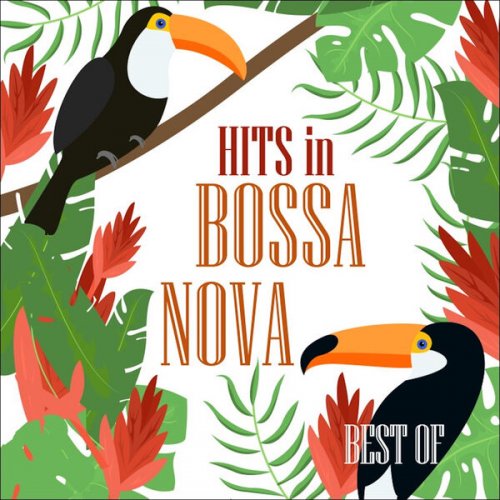

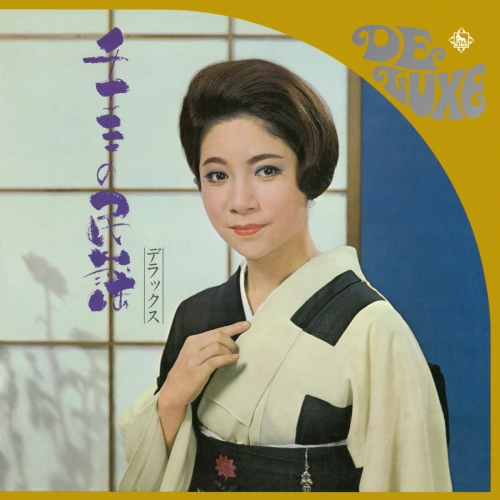
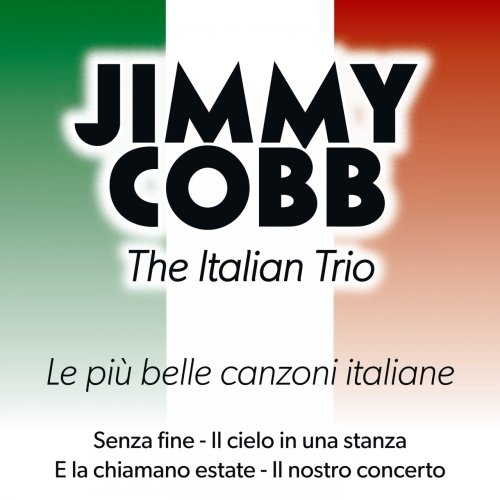
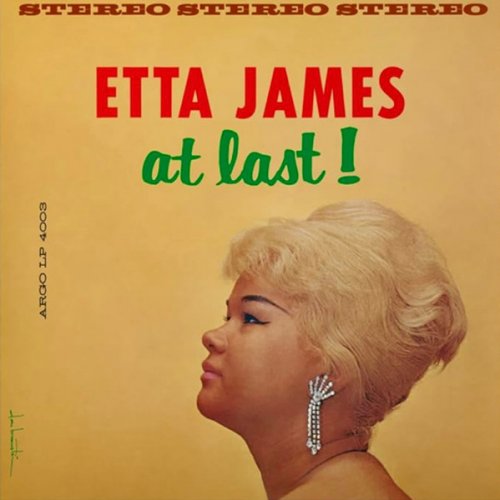
![Various Artists - Lost Tracks: Accra to Addis (2026) [Hi-Res] Various Artists - Lost Tracks: Accra to Addis (2026) [Hi-Res]](https://img.israbox.com/img/2026-02/26/lqvyrzr9f9yed5j0r3zv7c1r6.jpg)
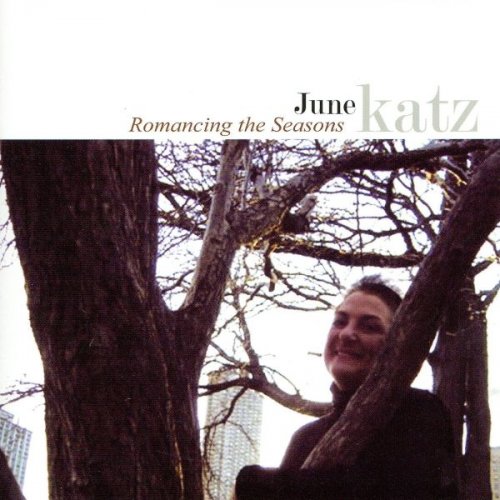
![Dave Stapleton - Quiet Fire (2026) [Hi-Res] Dave Stapleton - Quiet Fire (2026) [Hi-Res]](https://www.dibpic.com/uploads/posts/2026-02/1772036051_v5l0f2qh1r2cb_600.jpg)